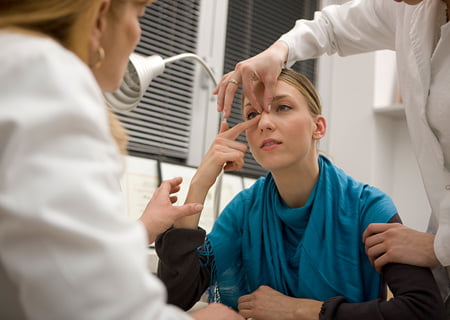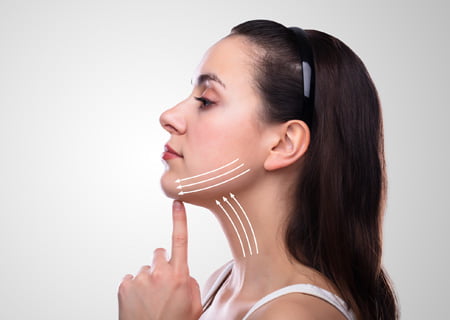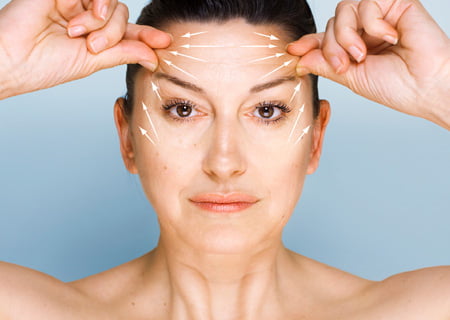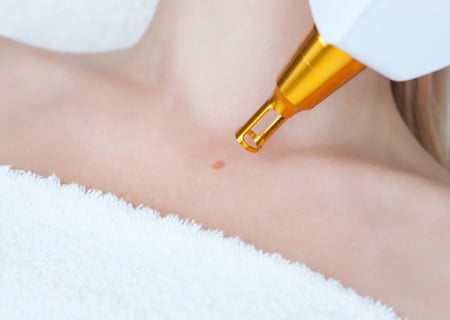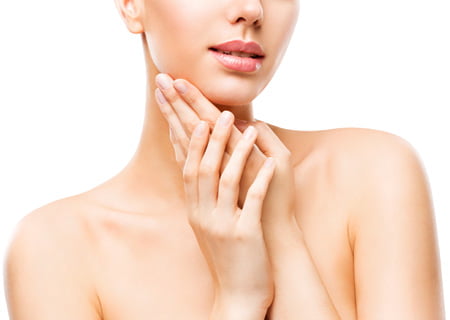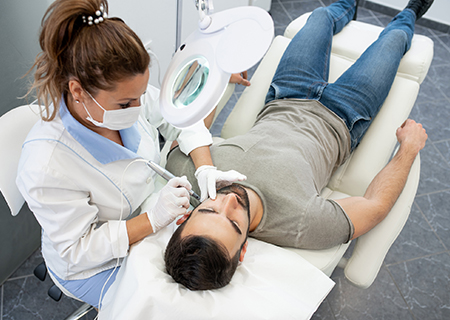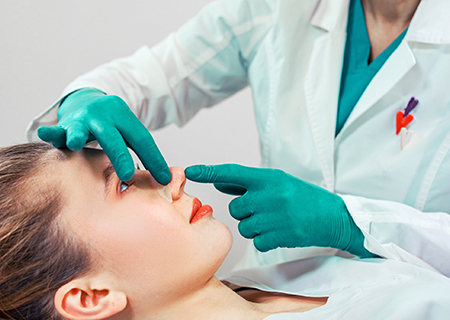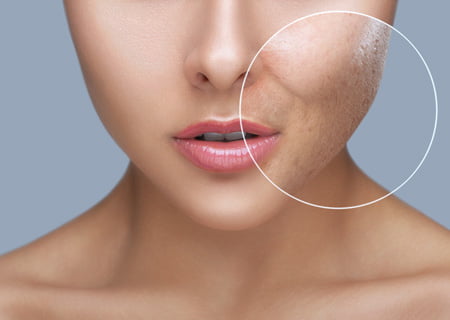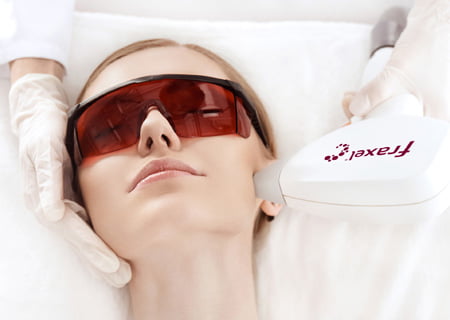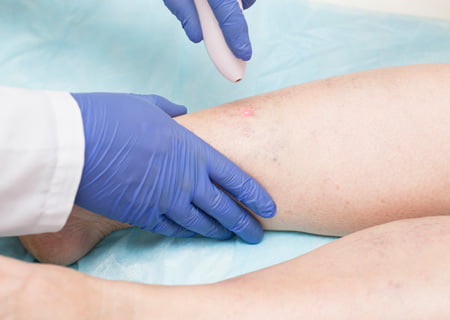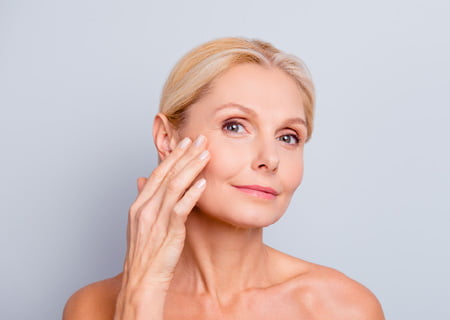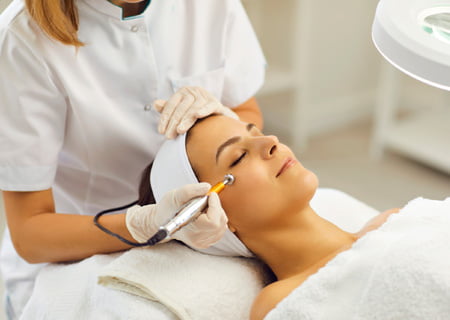Nutrition and Skin Health
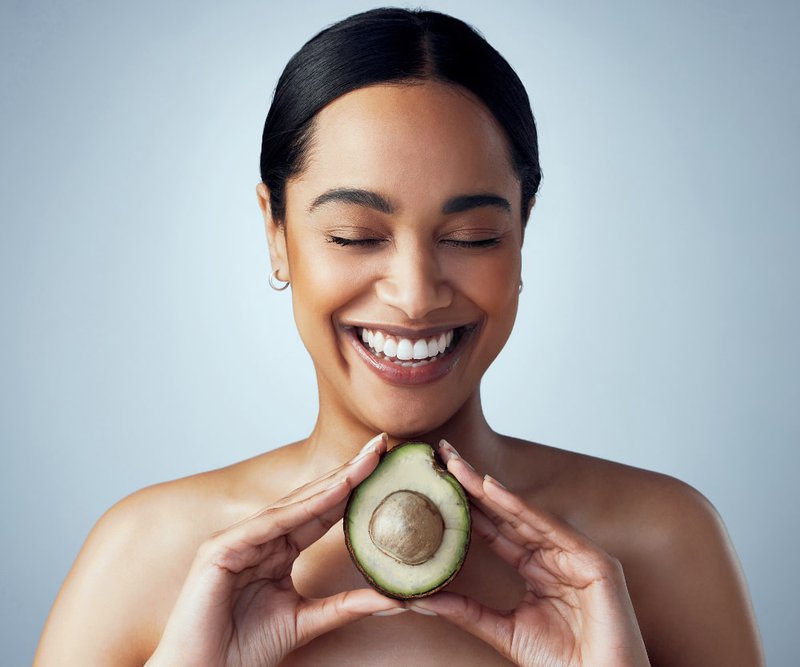
The human skin is not just a defensive shield, but also a critical factor in our overall looks. Having a radiant, youthful complexion is a common aspiration, with nutrition playing a key role in this pursuit.
Whether you're contemplating facial cosmetic surgery or simply seeking ways to boost your skin wellness, comprehending the bond between diet and skin health is vital.
The Link Between Diet and Skin Wellness
Before we delve into specific eating plans and supplements, it's important to grasp the complex link between diet and skin wellness.
The skin has different layers, with the outermost, the epidermis, greatly influenced by our food choices. The nutrients from our food support various skin functions, including:
- Collagen synthesis: Collagen, a protein that gives structure and elasticity to the skin, is essential for preserving a youthful look as its decline leads to sagging and wrinkles.
- Antioxidant defence: Antioxidants like vitamins C and E guard the skin against oxidative stress from free radicals, which can harm collagen and elastin fibres, causing premature aging.
- Moisture balance: Adequate hydration is crucial for skin wellness as it keeps the skin moist and prevents dryness and flaking.
- Inflammation management: Chronic inflammation can lead to skin issues like acne, psoriasis, and eczema. Certain nutrients can manage inflammation and foster a clear complexion.
- Wound repair: Whether you're recuperating from surgery or dealing with minor injuries, your body's ability to heal and mend the skin depends on proper nutrition.
Top Eating Plans for Skin Wellness
Mediterranean Diet Model
The Mediterranean diet, recognized for its numerous health perks, has a favourable effect on skin health.
This model endorses the consumption of fresh fruits and vegetables, whole grains, lean proteins such as fish and chicken, and beneficial fats from items like olive oil and nuts. These nourishments, rich in antioxidants, vitamins, and minerals, stimulate collagen production, protect against UV damage, and lessen inflammation.
Inflammation-Combatting Diet
Ongoing inflammation can speed up the aging process of the skin and intensify skin conditions. Therefore, a diet focused on combating inflammation underscores foods that resist inflammation, such as fatty fish (abundant in Omega-3 fatty acids), leafy green vegetables, berries, and turmeric.
Avoiding processed foods, sugars, and trans fats also plays a role in managing inflammation.
Plant-Based Nutritional Strategy
A well-crafted plant-based nutritional strategy can yield a host of nutrients beneficial for skin health.
Vegan diets typically overflow with antioxidants, fibre, and vitamins, contributing to a clear and radiant complexion. However, it's essential for vegans to ensure adequate protein intake and consider supplementing with vitamin B12.
Low-Glycemic Dietary Approach
Foods with a high glycemic index, like refined carbohydrates and sugary delights, can induce rapid increases in blood sugar levels, leading to heightened inflammation and acne. Opting for a low-glycemic dietary approach, which includes whole grains, legumes, and non-starchy vegetables, can help stabilize blood sugar levels and promote healthier skin.
Hydration
Maintaining proper hydration is crucial for skin wellness, and consuming enough water aids in preserving skin moisture and elasticity. While it may not necessarily be a dietary plan, proper hydration is a fundamental aspect of skin health that should always be prioritized.
Supplements and Skin Health
While a balanced diet should ideally supply the majority of necessary nutrients for skin health, supplementation can be a useful aid, particularly for those with certain dietary restrictions or needs.
- Collagen Supplements: Available in diverse forms such as powders and capsules, collagen supplements can boost skin elasticity and moisture, and assist in diminishing the visibility of wrinkles and fine lines. It's always recommended to opt for high-quality collagen supplements from reliable manufacturers.
- Vitamin C: Vitamin C is a robust antioxidant that promotes collagen production and shields the skin from UV harm, and also aids in the healing of wounds. Incorporating vitamin C supplements into your routine or eating foods rich in this vitamin can be advantageous for your skin.
- Omega-3 Fatty Acids: Extracted from fish oil supplements, Omega-3 fatty acids can help regulate inflammation and maintain skin's moisture levels. They are particularly advantageous for people with dry or sensitive skin types.
- Vitamin E: As another antioxidant, Vitamin E offers protection to the skin against oxidative harm, and can aid in refining skin texture and mitigating signs of aging. When it comes to this option, you can either take Vitamin E supplements or incorporate foods like almonds, sunflower seeds, and spinach into your meal plans.
- Probiotics: The health of your gut has a deep-rooted connection with your skin's health, and probiotic supplements can assist in maintaining a balanced gut microbiome. A harmonious gut can help reduce inflammation and enhance skin conditions such as acne and eczema.
Ultimately, the quest for achieving and sustaining a youthful glow is shared by many, and appropriate nutrition is a pivotal element in this journey. By embracing a diet that promotes collagen production, curbs inflammation, and provides vital nutrients, you can elevate your skin's health and appearance.
If cosmetic surgery is on your mind to further improve your appearance, it's imperative to seek advice from a professional. At Facial Cosmetic Surgery, we present an extensive array of surgical and non-surgical choices to guide you towards your aesthetic aspirations, combined with a holistic approach to plastic surgery.
Reach out to us today for a personalized consultation and embark on the first step towards a more youthful and self-assured you. Your journey to radiant, youthful skin starts here.
